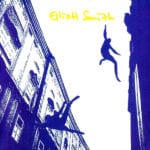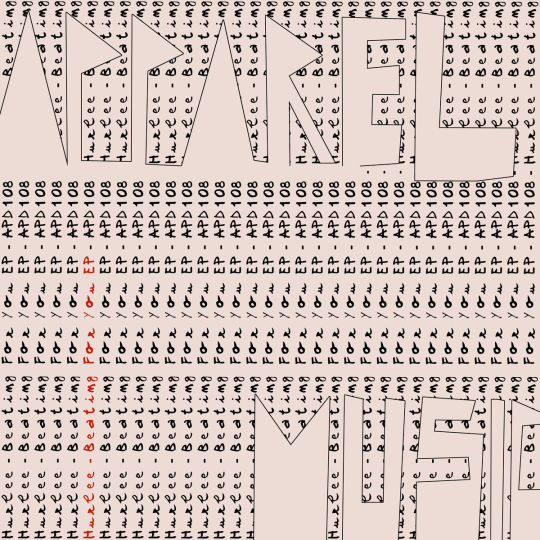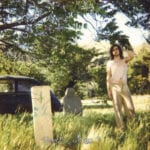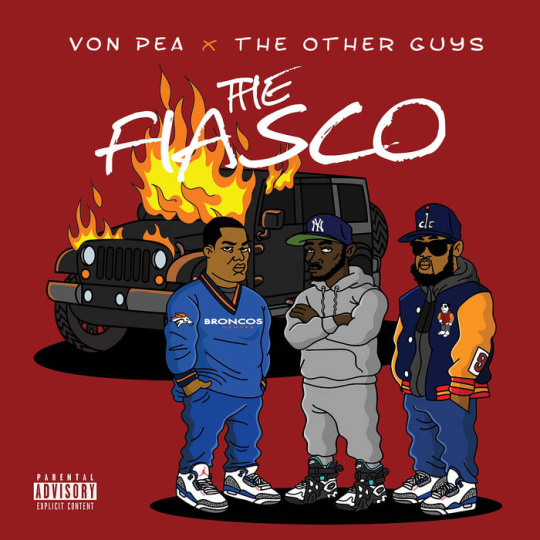ALBUM REVIEW: ELLIOT SMITH- Elliot Smith
BEST TRACKS: Christian Brothers, Needle in the Hay, Coming Up Roses, Alphabet Town, St. Ides Heaven
While it’s true that Elliot Smith burst upon Soundscape SuperhighwayTM with “Miss Misery”, which played during the end credits of 1997’s “Good Will Hunting”, Smith’s 1995 eponymous album is clearly his best work. I’m absolutely serious. There’s absolutely no question. Any piece of Smith’s musical legacy found itself originally fully realized on this album. Thin, croaking vocal lines; meandering guitar plucked by spindly digits; a gloom which rests on delicate instability; it’s all here. And by no means am I disparaging his later work. Either/Or, XO and Figure 8 still employ everything that distinguishes Smith’s incredibly unique songwriting, but it’s through “Elliot Smith” that this was first done with full confidence. Here, Smith is momentarily plateaued in all of his strengths; stuck in a moment where his songs operate as an extension of him with perfect efficiency. So, I admit, the soggy singer-songwriter in 2019 is a little played out. But in 1995, Elliot Smith perfected it. I guess if you like that stuff, you might want to steer clear of this album. Otherwise, everything else will fall tragically short.
It’s hard to say whether Elliott Smith fits ridiculously well into the niche of mid 90sdom or invented it. Smith, while still playing with his INDIE ROCK band Heatmiser, had released his debut acoustic album “Roman Candle” in 1994. On it, Smith first made evident his ability to blend inconspicuous yet incredibly intricate guitar parts with a wire-thin vocal line spouting perplexingly intimate lyrics. And beyond that, Smith was able to manipulate all of these assets by simply layering lo-fi single mic recordings. Now that’s what I call DIY. To no surprise, Smith quickly gained a following in Portland (Christ this has to be the fourth album I’ve reviewed that’s included Portland being really into something before everyone else) despite extremely limited success anywhere outside of the city. Smith’s first encounter with, albeit limited, success came when Mary Lou Lord happened upon one of his shows and was understandably blown away. She immediately asked him to tour with her, and he was subsequently signed to Kill Rock Stars. So what does an up-and-coming, yet under-appreciated, mid 90s sad guitarist/singer who recently got signed on an alternative label following a groundbreaking live performance do, you ask? Well, write an insanely depressing album of course. And so, “Elliott Smith”, the album, was born.
Similar to “Roman Candle”, this album perfected the lo-fi, single microphone in a room approach which Smith’s music is usually automatically associated with. Expanding upon simply double-tracking his vocals while plucking a guitar whose leads gasp from being drowned by an open-string drone, “Elliott Smith” manages to further manipulate this sparse pairing by weaving the two together in incredibly subtle ways. “Needle in the Hay”, the album’s opening track, is the pinnacle of Elliot Smith’s art of master production. I’ll try to do this song justice here but I can’t make any promises that I will. Smith begins strumming down on five chords that have been stripped of all but their bare essentials, building a tension which creeps up your spine as Smith barely mumbles out the melody which has been placed directly on the listener’s ear. It’s unsettling, to say the least. But right as you think you’ve found a center to the song, a stasis in its delivery, the chorus begins seemingly out of nowhere. Smith’s classic double-tracked vocals slide into to layer above what first appeared to be a standard verse. It’s a deeply disturbing song which most exemplifies Smith’s ability to articulate a soul in decay. Christian Brothers and St. Ides heaven manage to accomplish a similar feat, though through a more straightforward approach. Christian Brothers, especially, highlights Smith’s use of barren, inverted chords and hauntingly beautiful vocals, with its chorus whispering with a careening falsetto. Coming Up Roses offers a more upbeat sampling of Smith’s songwriting prowess, but still reverberates with the same energy of defeated instability that blankets the entirety of the album.
Elliot Smith’s second album is definitely the darkest, emotionally raw output of a career which unfortunately ended abruptly. Though Smith’s 2003 suicide(?) should by no means be romanticized, it’s impossible to remove this album from an artist who was clearly disturbed. Listening to it sometimes sucks, because Elliott Smith does such a good fucking job of making music about absolute desolation.
-Cliff Jenkins








